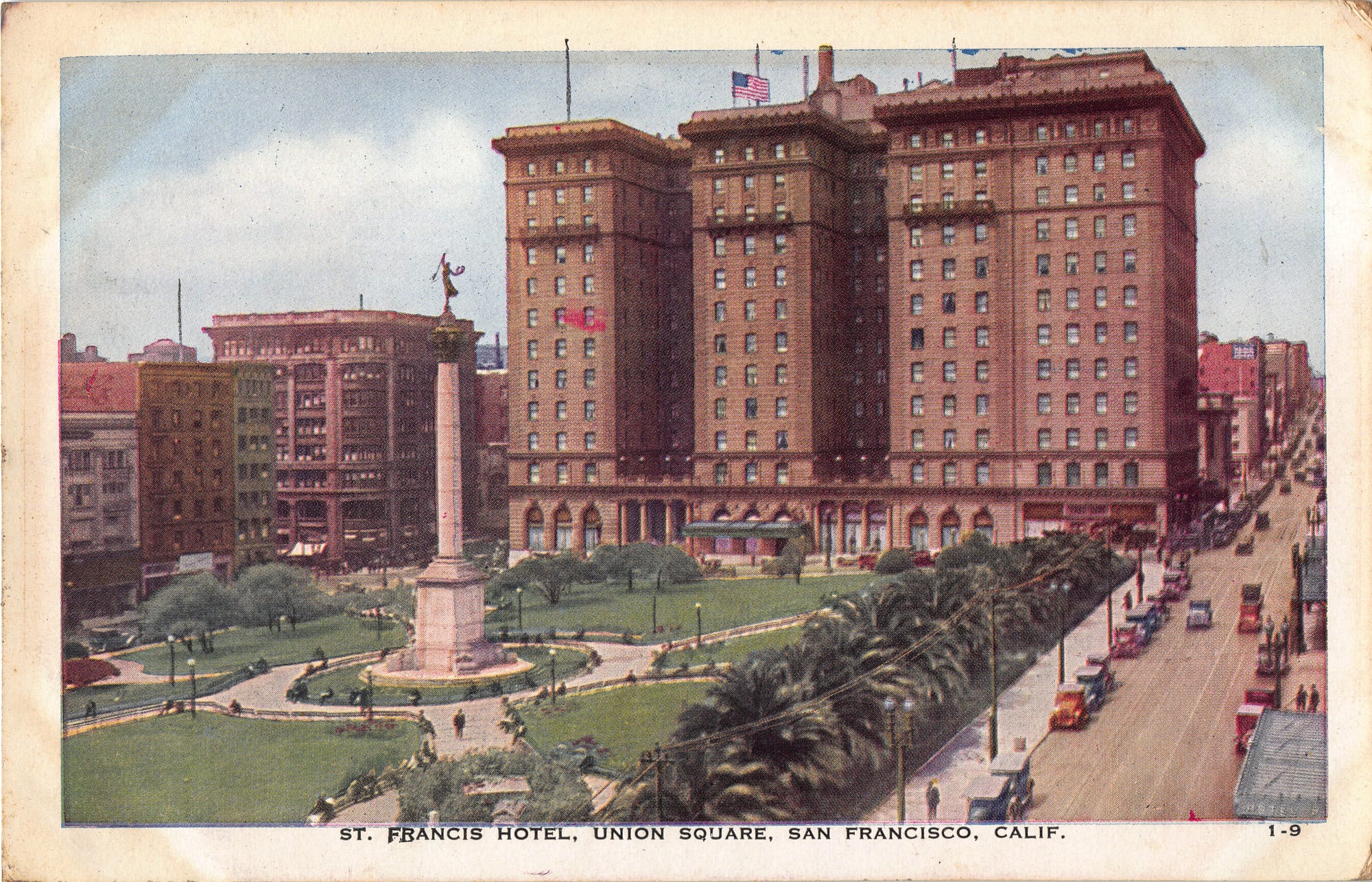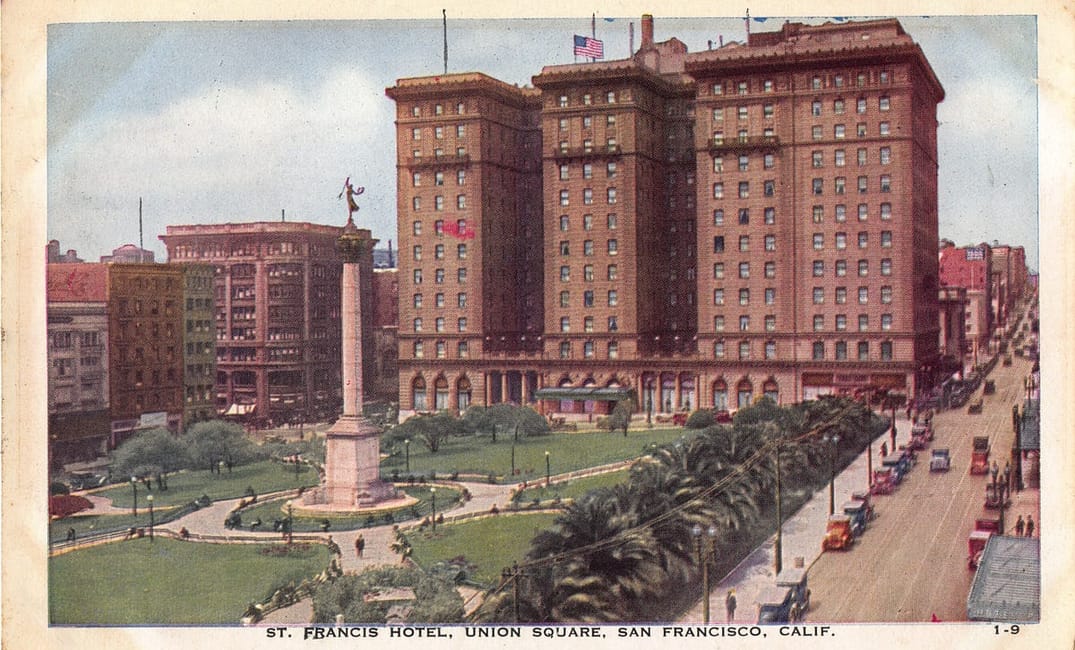
The damage the sharing economy can have on traditional industries is vast: Uber and Lyft recently decimated the taxi industry in San Francisco, bankrupting San Francisco’s Yellow Cab Co-op. So if Airbnb is to hotels what Uber is to taxis, could it prove to be just as destructive?
A CBRE Hotels report from 2015 showed that Airbnb posed the greatest risk to the New York City hotel industry, followed by San Francisco’s hotel industry, which ranked second among cities in the US where the hospitality industry was vulnerable. This year’s report hasn’t been released yet, but according to Jamie Lane, a senior economist with CBRE Hotels, San Francisco has moved down on that list since last year. That’s partly because in markets like Miami, LA and Oahu, Airbnb’s growth is outpacing its growth in San Francisco. As Airbnb’s home since it was founded in 2008, San Francisco was early to the home-sharing game, meaning the market is mature. Other cities that were slower to the Airbnb game are only now seeing the same growth that San Francisco saw in Airbnb’s early days.
Interestingly, the hotel industry in San Francisco is, in fact, still exploding. A report from the Center for Economic Development shows that the average revenue earned by a hotel room in 2015 was 18 percent higher than it was in 2013. And a CBRE report from this year projects that by the end of 2016, San Francisco hotels’ average revenue per available room will increase by 7.5 percent. That’s more than double the projection for average revenue across the country, which is expected to increase only by 3.6 percent.
Even with hotel revenue growing at the pace it is, though, Airbnb rentals consistently have lower average daily rates. According to Airbnb, the average cost of an Airbnb in San Francisco was $130 in 2015, whereas, during the same year, the average daily rate of a hotel room was twice as much, at $268.17.
The biggest threat to existing hotels in the city isn’t Airbnb at all; it’s other hotels.
However, the lower average rates for Airbnbs don’t necessarily make the short-term-rental business a direct threat to hotels. In fact, according to Airbnb’s 2015 Economic Impact Report, 14 percent of surveyed guests who stayed in Airbnbs between June 2014 and May 2015 said that if Airbnb hadn’t been available for their trip, they would have either stayed with friends or family or stayed outside the city altogether. This number, albeit less than a quarter of all Airbnb guests in San Francisco, represents a portion of visitors attracted to the city because of short-term-rental options. Hotels didn’t lose this business to Airbnb; they never had it in the first place.
Airbnb also proudly reports that 72% of its listings are outside of major hotel districts of San Francisco. In this sense, Airbnb listings tend to not be directly competitive with hotel rooms. In fact, the biggest threat to existing hotels in the city isn’t Airbnb at all; it’s other hotels.
“New hotel supply is still a much greater risk to the industry than Airbnb,” said CBRE Hotels’ Jamie Lane. As new hotels go up, existing hotels must deal with the increase in supply. And new hotels tend to do better with bookings than older hotels, allowing competition to help level out average daily rates.
Yet Francisco hasn’t seen the growth in new hotels that other markets around the country have seen in recent years. Only 436 upper-priced hotel rooms have opened in San Francisco during the past four years, though the number of available rooms in San Francisco has actually decreased by 92 since 2011. “That’s a very low number compared to the rest of the country,” Lane told me. This lack of supply could be the reason hotel-room prices in San Francisco continue to surge: tourism and business travel demands are high; Airbnb is attracting visitors with shallower pockets; and there are only a few new hotels to contend with. As a result, existing hotels have been able to further hike their rates.
Even with all this growth in San Francisco’s hotel market and a lack of direct competition from Airbnb, leaders in the industry are advocating for more regulation of the sharing economy. “We ask that these companies play by the rules we all play by,” said Kevin Carroll, executive director of the Hotel Council of San Francisco. “We consistently have sought a level playing field for the collection of taxes and compliance with health and safety regulations from short-term renters and their hosts.”
But the hotel industry is only one voice among those with arguments against Airbnb in San Francisco. The city itself is often in contention with Airbnb. The company filed a lawsuit against San Francisco back in June when legislation was passed requiring the platform to allow only hosts who have registered with the city to advertise on the platform. Otherwise, the company faces a $1,000-per-day fine.
In addition, the city is positioned to impose a 400 percent increase in the short-term redemption fee for Airbnb hosts, the San Francisco Chronicle recently reported. The Office of Short-Term Rentals is advocating for intervention and cracking down, instead, on those hosts who are using Airbnb to run illegal hotels. There are losers in the sharing economy, many have argued, when homes in a housing-crunched city are turned into permanent Airbnb accommodations.
Indeed, the numbers show that the sharing economy is no friend to long-term renters. Throughout the city, landlords have been turning potential long-term rentals into permanent vacation rentals. There are almost 7,000 long-term rentals that have been converted into Airbnb and VRBO vacation rentals in San Francisco, as seen on this map. These listings far outnumber the estimated 3,500 new housing units built last year in San Francisco, bolstering the argument that the sharing economy is guilty of exacerbating the housing crunch.
The true winners in this scenario might be tourists. As long as Airbnb’s rates stay low, visitors are less likely to be priced out of a city as expensive as San Francisco, even as the hotel industry continues to boom. Sure, hotels may be price-gouging, but as long as businesses and tourists are willing to pay sky-high rates, hotels have no reason to stop. And visitors who aren’t able to pay $268 for a room? They still have Airbnb.








